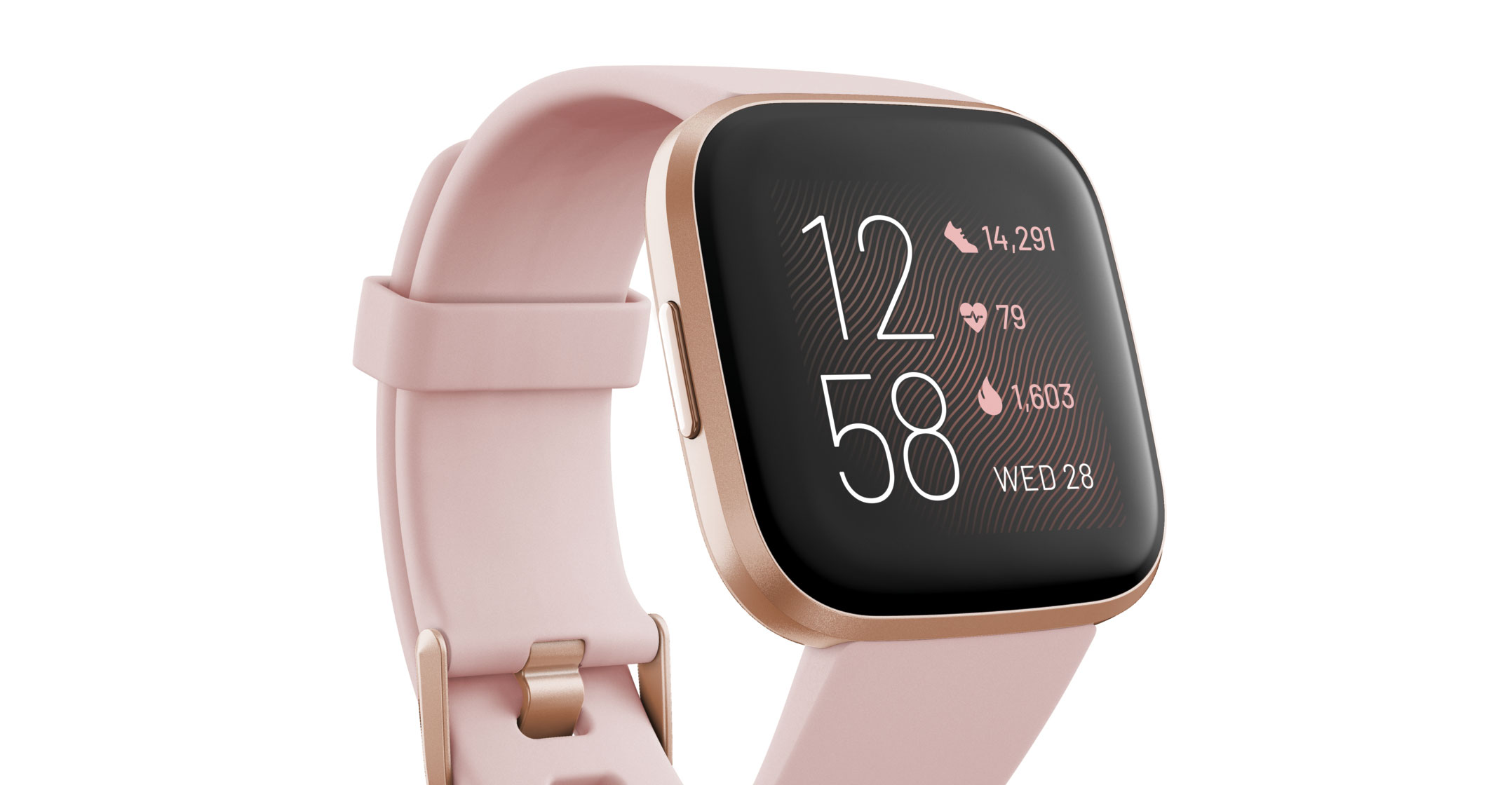 Google’s takeover of fitness tracker Fitbit could be “a game-changer” for health data that will need close European Union scrutiny, consumer advocates said.
Google’s takeover of fitness tracker Fitbit could be “a game-changer” for health data that will need close European Union scrutiny, consumer advocates said.
Reviewing how Fitbit’s data could add to Google’s powerful position in online advertising makes the deal a test case for regulators, said BEUC, which represents consumer associations across Europe. It argues that wearables create a new frontier by tracking users’ health and location around the clock.
“The use of data from wearables in tracking Covid-19 infections and providing access to doctors and health information is a timely illustration of this,” BEUC said on Wednesday. The takeover would place Google “in an unassailable position in digital health and wearables markets”.
Google’s plan to buy Fitbit is running into a wall of antitrust and privacy concerns in the US, Europe and Australia, where competition officials are increasingly wary of how Internet giants can exert control over data. The deal advances the plans of Google parent Alphabet to expand in the health-care sector by adding data from Fitbit’s more than 28 million users.
Google declined to comment, but referred to remarks it made in a November 2019 blog post. It has previously said it plans “to work constructively with regulators to answer their questions” about the deal and won’t sell personal information to anyone.
“Fitbit health and wellness data will not be used for Google ads. And we will give Fitbit users the choice to review, move, or delete their data,” the company said.
Rare call
Google hasn’t yet sought EU approval for the deal, which is already getting a close look from the US justice department. European privacy regulators, who don’t examine takeovers, added pressure on the region’s merger watchdog with a rare call on Google to limit any privacy and data protection risks.
BEUC asks the EU not to trust pledges from the company, saying it “should not rely on any usage restrictions that Google may promise”.
“We have seen in the past how strategic mergers in digital markets have led to unprecedented market power for a handful of tech giants” by collecting “gigantic volumes of data”, it said. — Reported by Aoife White, (c) 2020 Bloomberg LP




